The Ph.D. in Processing & Food Engineering program is an advanced degree program that covers the various areas of food processing, from chemistry to biotechnology. In addition to specializing in food processing, students can choose from one of many areas of the field. This program will prepare you for a career in any area of food science, including processing, nutritional/food biochemistry, animal health, and sensory science. The program combines the theories of food processing with a practical focus. The Ph.D. program is an excellent option for those who want to specialize in a specific area.
Ph.D. Processing & Food Engineering Eligibility
Candidates who want to take admission in Ph.D. must have a post-graduate degree in processing and food engineering and its relevant discipline with at least 55% marks from a recognized university and must have passed the national level entrance examination or university level entrance examination. National level entrance exams like UGC NET / UGC CSIR NET / GATE / SLET or University entrance exams consist of written tests and personal interviews.
The Benefits of a Ph.D. in Processing & Food Engineering
Graduates of the Ph.D. program in processing and food engineering will have excellent research and analytical skills, as well as in-depth knowledge of chemistry and the science of food processing. The cost of the program will depend on several factors, including the school you choose, your country, and the program's accreditation. There are many other benefits to earning a Ph.D. in processing and foods.
If you want to work in the food industry, a Ph.D. in processing and food engineering will help you advance in your field. A degree in processing and food is an important step toward a successful career. You'll be able to work in any sector and become a globally recognized expert. By studying in the field of food science, you can also be confident that you'll be in a position to make a difference in your industry.
Career and Job Opportunities for Ph.D. in Processing & Food Engineering
If you're considering a Ph.D. in processing and food engineering, you'll want to consider pursuing the areas of food science that you're interested in. Some faculty members are experts in the thermal processing of fats, bioprocessing, and heat and mass transfer analysis. Others focus on rheology, texture, and production systems modeling. A Ph.D. in processing and/or nutrition in the food sciences is an excellent way to get your foot in the door in this field.
The demand for skilled food scientists is growing, and the number of jobs available is steadily rising. These individuals work in manufacturing, process development, food safety, and analytical sciences. Graduates of food science programs are also able to pursue a management role in a company or government agency. In addition to academia, many recent graduates have found employment at large food companies, including General Mills, Nestle, Land-O-Lakes, and Wayne Farms. Other students who earn their M.S. in this field go on to complete a Ph.D. to pursue a career in academic research.
While a Ph.D. in processing and food engineering does not lead to a doctorate, it can help you find a job as a food scientist. You can also pursue a career in academia by working as a consultant. Those who earn a Ph.D. can move into academia or the private sector. Some graduate students even end up in government health agencies as researchers.
The Future Scope of Ph.D. in Processing & Food Engineering
The future scope of a Ph.D. in Processing & Food Technology lies in the exploding global food industry. There is no shortage of food, and jobs in the food supply chain are never in short supply. Although many food companies will close down and lay off employees, a Ph.D. in processing and foods can open up a wide variety of possibilities for a career in this field.
The food processing industry is the largest industry in the world, with many different fields of expertise in the field. These include research laboratories, hospitals, and catering establishments. The doctorate in Processing & Food Engineering program is taught by world-renowned scientists and researchers. Students will gain a unique perspective on the industry through interdisciplinary scientific approaches and the participation of renowned professors. In addition to this, graduates of this degree can find jobs in the manufacturing and distribution of a wide range of foods.
After earning a Ph.D. in Processing & Food Engineering, graduates can enter any number of fields. In addition to food companies, processing and packaging companies are in high demand. A degree in this field can open the door to jobs in non-alcoholic beverages, soft drinks, and baking industries. It can even lead to a career as a food entrepreneur, with a growing entrepreneurial base.
Ph.D. Research Programme duration
The Ph.D. Processing & Food Engineering course is minimum 3 years and maximum 5 years in duration. This depends on the university offering the course.
Fees for research program for Processing & Food Engineering
The average fee for Ph.D. Processing & Food Engineering degree is between INR 50000 and INR 500000.
 5 Years
5 Years
 PhD
PhD
 Research
Research










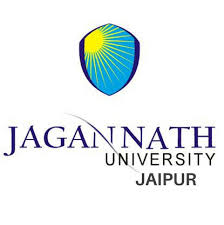

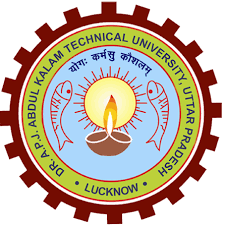
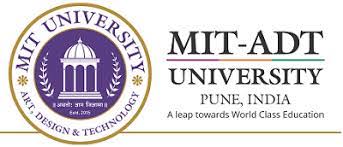
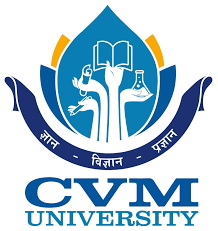
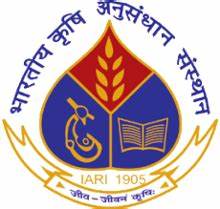
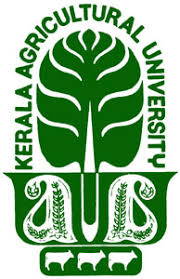

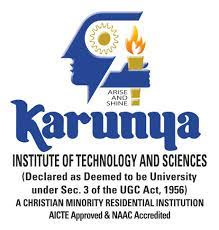
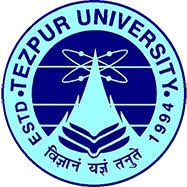


 back
back